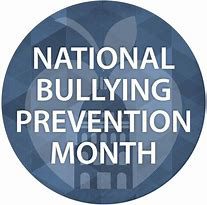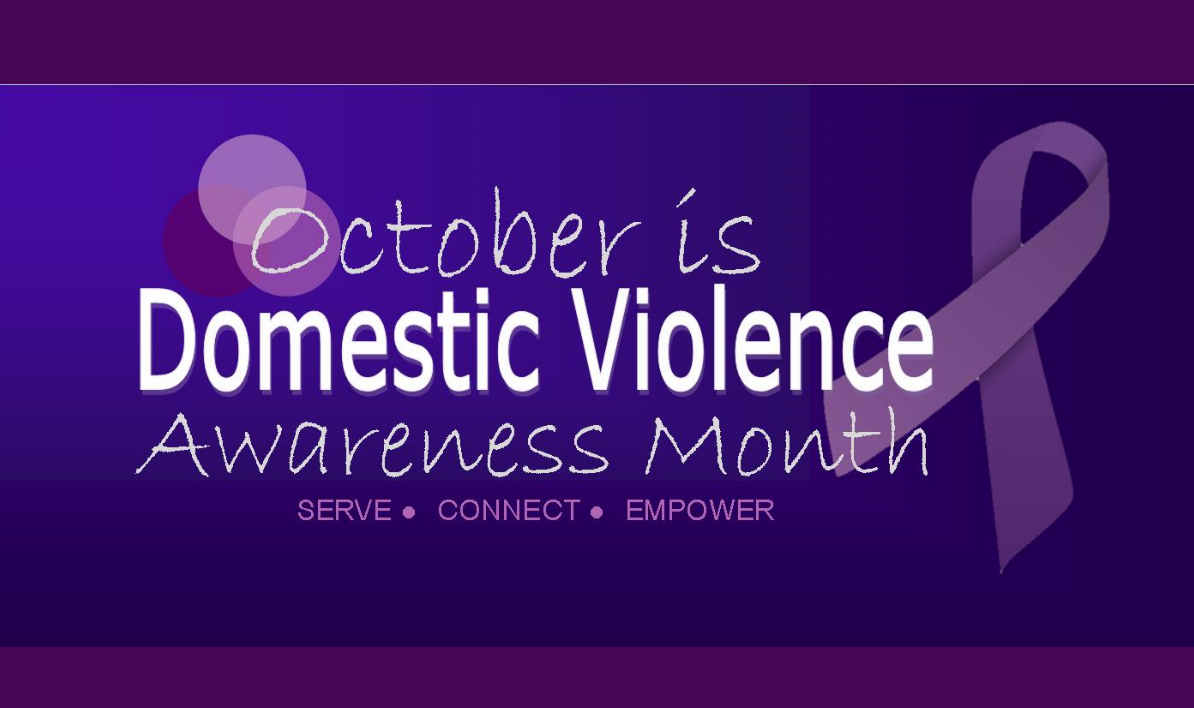Halloween Safety Tips

Costume Safety
- Wear clothing that is bright, reflective and flame-retardant
- Wear short clothing that prevents tripping.
- Wear sneakers or comfortable shoes.
- Use face paint (non-toxic, hypoallergenic) and avoid masks – especially if the eye holes obstruct the child’s vision.
- Don’t wear floppy hats or wigs that slide over the eyes. Also, children should not wear long, baggy, or loose costumes or oversized shoes.
- Avoid toy weapons – if desired, use costume knives and swords that are flexible, not rigid.
- Stay away from pets. The pet may not recognize the child and become frightened.
Pedestrian Safety
- Children should stay within familiar areas and surroundings. Parents should establish a route for children.
- Children should use flashlights and stay on sidewalks.
- Children should cross the street at corners / crosswalks and not between parked cars.
- Motorists should drive slowly and watch carefully for children.
General Safety
- Many police districts, community groups, business associations and others host Halloween parties. Parents should consider these as a safe alternative to door-to-door “trick-or-treating” for their children.
- Children should never go into homes – stay on the porch or stoop when asking for treats.
- Children should avoid homes that don’t have their outside lights turned on.
- Children should never talk to strangers or get into strangers’ cars.
- Children should travel in small groups and be accompanied by parents or an authorized adult chaperone.
- Children should know their home phone number and their parents’ cell phone numbers, when applicable.
- Children should have their names and addresses attached to their costumes.
- Children should bring home treats before eating them so parents can inspect them. When children get home, parents should inspect all candy and other treats before they are eaten. Discard all unwrapped or loosely wrapped candy or fruit.
- If you have any questions about suspicious looking treats, call the police department.
- Parents and children should carve pumpkins on a stable, flat surface with good lighting. Small children should never carve pumpkins. Instead, they can help by drawing faces with markers, while a parent does the cutting. Older children carving pumpkins should always be supervised.
- Adults should only give and accept wrapped or packaged candy.
- Adults should keep porch lights on and their driveways illuminated.
- Homeowners should ensure that their walkways are cleared of debris on which children may trip and fall.
- Parents should cut into fruit, such as apples, to make sure they do not contain foreign objects.
- If in doubt, throw it out.

